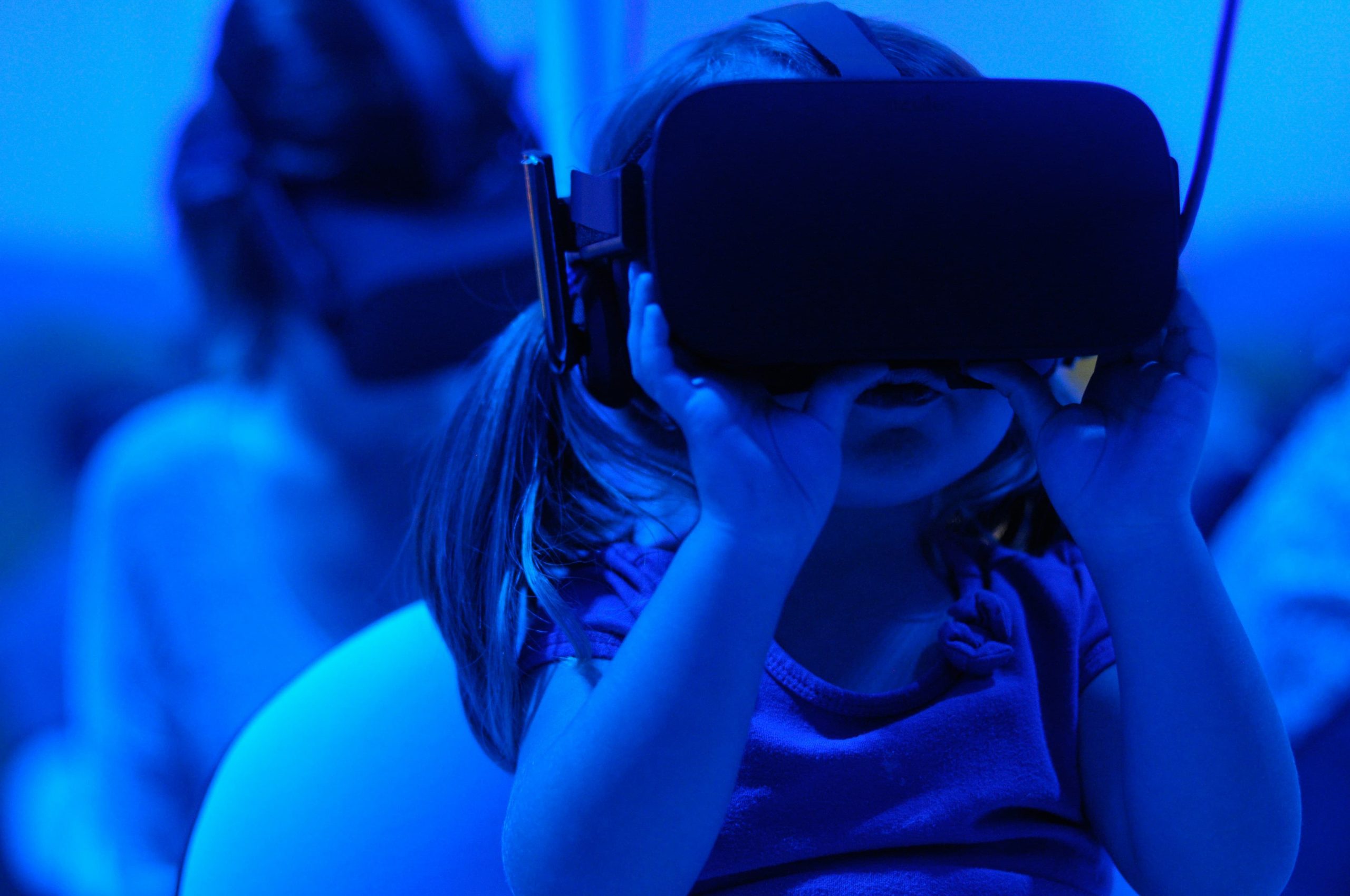Brandnation discusses the latest generational cohort, Generation Beta, and what brands should know.
Gen X, Gen Y, Gen Z, Gen Alpha, and now, Gen Beta.
By 2040, they’ll comprise over 2.1 billion individuals globally, representing not just the next generation of consumers, but the future of digital culture.
Who are Generation Beta?
Born between 2025 and 2039, Generation Beta are the demographic successors of Generation Alpha (born 2010 – 2024).
Gen Beta’s formative years will be shaped by their millennial (or Gen Y) and Gen Z parents, the continued evolution of digital technologies and socio-political change.
- By 2035, Gen Beta will comprise 16% of the world’s population.
- Gen Beta will be AI natives, fully integrated into digital ecosystems.
- Many of them will live to see the 22nd century.
Digital technologies will be second nature for Gen Beta

Gen Beta will be accustomed to digital technologies from a very young age.
Already, more than 25% of three-and-four-year-olds own their own smartphone, according to a recent Ofcom report. Gen Beta will be digitally seamless; a condensed image of virtual and material realities.
They will never know a world without artificial intelligence, augmented reality and smart devices. They’ll rely on these tools to solve problems, provide entertainment and connect with others.
The cultural shift to date is evident – algorithms homogenise cultures. Today, teenagers in rural New Zealand share the same clothes, listen to the same songs, and use the same referential language as kids growing up in London despite the two being on opposite sides of the world.
There are still localised differences, but there are far more similarities than pre-internet. As digital experiences become increasingly immersive and gamified, this homogenisation is set to continue and spread. In response, digital spaces that nurture niche communities will also see growth.
Screen time will often come with boundaries
With that said, Gen Beta’s parents, Millennials and Gen Z, are showing growing scepticism towards unmoderated screen time. The debate was brought to the forefront recently through the Netflix show Adolescence, which follows a young boy radicalised by online misogyny.
The risks are broad and very real, with studies linking too much screen time to mental health crises, delayed language development and poor social skills. When combined with exposure to unmoderated content and harmful ideologies, the consequences can be severe.
- 36% of Gen Z parents and 30% of older Millennial parents strongly agree that limiting their child’s screen time is a top priority.
Notably, Gen Z – who spend an average of 9 hours a day online, two more than Millennials – are 6% more likely to enforce these limits. Their deep digital immersion has given them a firsthand understanding of both the benefits and the risks of constant connectivity.
The figures suggest a pattern: the more screen time a generation experiences, the more aware they become of its drawbacks. As digital integration deepens, the resulting culture may be increasingly polarised, formed of sceptics and enthusiasts.
While Gen Beta will inevitably be deeply digital, many will grow up with tighter boundaries for their parents’ fears of the ‘chronically online’.
Gen Beta will be shaped by global urbanisation

The percentage of people living in urban areas is set to grow by 18% in the next 25 years.
Gen Beta will be raised in an era defined by rapid urbanisation and environmental concerns.
Today, 55% of the world’s population lives in urban areas, but this figure is set to grow to 68% by 2050. Gen Beta will largely grow up in densely populated, fast-paced settings or communities adapting to change.
With Millennial and Gen Z parents – generations increasingly mindful of their environmental footprint – environmentally conscientious behaviours will be expectation rather than aspiration.
From ethical sourcing to carbon-neutral practices, brands will need to embed sustainability into their business models to succeed (a rebrand won’t cut it).
Interested to find out how we drive results for your business through a creative approach? Get in touch.
Top tips for marketing to Generation Beta
- Embrace urban lifestyles and culturally diverse narratives.
To relate to this generation, brands will need to understand and represent the context in which they grew up. With that said, there is always a place for escapism. - Entertain to win attention.
Already, to win in the attention economy, brands must entertain audiences. Gen Beta will expect digitally innovative, interactive and immersive experiences. Think AR shopping, virtual influencers and gamified content. - Market on multiple platforms cohesively.
Gen Beta will seamlessly shift between devices and platforms. While platform-specific approaches are a must, brands must ensure cohesion across all touchpoints. - Get ahead with artificial intelligence.
AI development has been going steady for the last few decades, but in the past few years, growth has hastened with no sign of slowing – in fact, the global artificial intelligence market is expected to grow at a compound annual growth rate of 35.9% in the next five years. The brands that stay ahead in this space will capitalise on its impact. - Get parental influencers on board.
Influenced by Millennials and Gen Z parents, Gen Beta will grow up in socially conscious households. Brands that align themselves authentically with meaningful purposes will build long-term loyalty for their newest target audience and their influencers.

About the author
Natalie Clement | Digital
Marketing Executive
With international experience as a digital marketer, writer, and editor, Natalie has worked across sectors including lifestyle, technology, and tourism.





